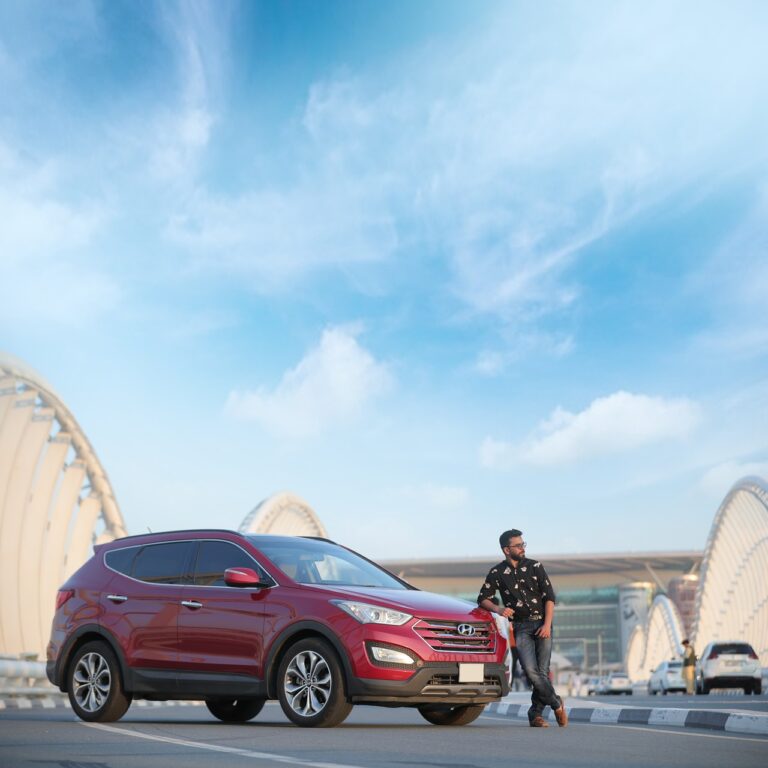How Car Brands Are Adapting to the Digital Age
With the ever-evolving landscape of e-commerce, car brands have started to embrace online sales platforms as a key component of their business strategy. By offering customers the convenience of browsing and purchasing vehicles from the comfort of their own homes, automotive companies are revolutionizing the way people buy cars. This shift towards online sales not only caters to the digital-savvy consumers but also opens up new opportunities for reaching a wider audience on a global scale.
In addition to expanding their reach, car brands are utilizing online sales platforms to streamline the purchasing process and enhance the overall customer experience. Through user-friendly interfaces and interactive features, customers can easily explore different models, compare prices, and customize their vehicles with just a few clicks. This seamless online shopping experience not only saves time for both buyers and sellers but also allows car brands to build stronger relationships with their customers by providing transparent and convenient services.
Enhanced Customer Engagement Through Social Media
Social media has become a vital tool for brands to engage with their customers on a more personal level. By creating relatable and engaging content, companies can establish a connection with their audience and foster brand loyalty. Whether through interactive posts, behind-the-scenes glimpses, or customer spotlights, social media allows businesses to humanize their brand and build trust with consumers.
Moreover, platforms like Instagram, Facebook, and Twitter enable brands to receive instant feedback from customers, allowing for real-time communication and the opportunity to address any concerns promptly. Through contests, polls, and interactive stories, companies can encourage active participation from their audience, driving up engagement levels and creating a sense of community among followers.
Utilizing Virtual Reality for Interactive Showroom Experiences
Virtual reality (VR) technology has revolutionized the way customers experience showroom settings. By harnessing the power of VR, automotive brands can offer a truly immersive and engaging experience to potential buyers. With a virtual showroom, customers can explore various car models, customizations, and features from the comfort of their own homes. This level of interactivity not only enhances the customer’s shopping experience but also enables car brands to showcase their vehicles in a dynamic and innovative way.
Moreover, VR technology allows customers to visualize themselves inside the vehicles, test driving them in virtual environments, and even experiencing the intricate details of the car’s interior. This level of personalization and engagement creates a strong emotional connection with the product, which can significantly influence the customer’s purchasing decision. By utilizing VR for interactive showroom experiences, automotive brands can stay ahead of the curve and cater to the evolving preferences of modern consumers who seek interactive, immersive, and convenient shopping experiences.





